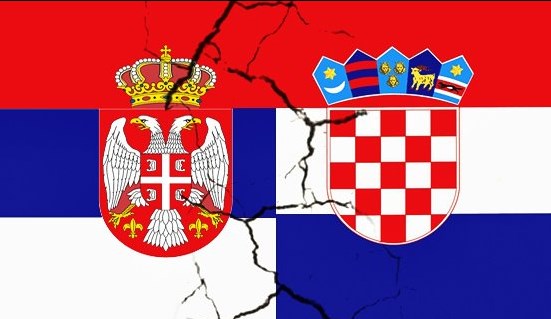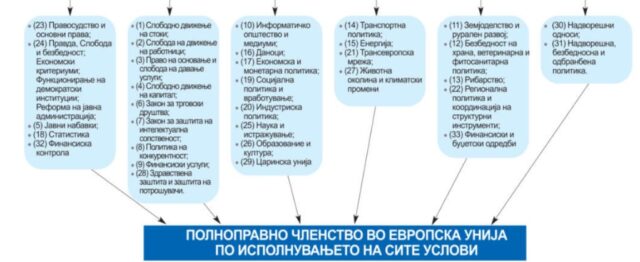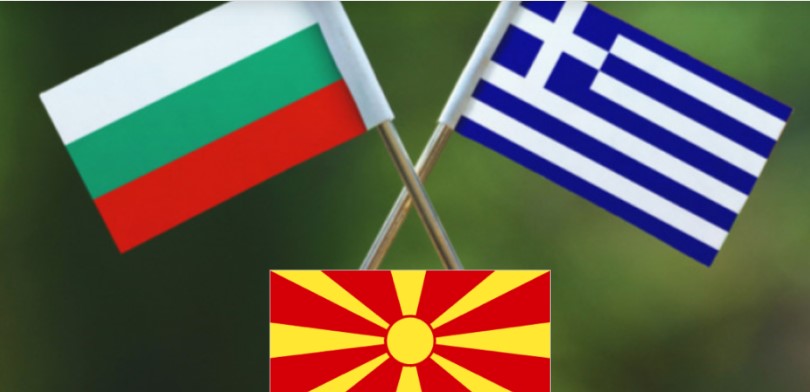The announcements coming from Sofia and Paris could set a new precedent in the negotiations between the European Union and the candidate countries.
If bilateral disputes become a condition for starting negotiations, it will mean that other EU members will follow Bulgaria’s example. The first could be Croatia, which will certainly not miss the opportunity to block Serbia, and further Bosnia and Herzegovina.

The Copenhagen criteria are and should remain a condition for a country to start negotiations and become a member.
Even Greece, with which we also had a bilateral name dispute, did not have such an attitude. But the southern neighbor never asked for the dispute to start the negotiations with the EU, but had a position to resolve the dispute before they started.
Former diplomat Risto Nikovski told “Republika” that it is still not clear what exactly France proposed to the Bulgarians, but that the announcements are devastating and Macedonia must not accept them in any case.

According to him. It was confirmed that the EU has been brought to a deadlock by its policies and the case of Macedonia is a great burden for them.
It is undisputed that Macron is the leader of the Union and that he is deeply engaged in the reforms, but if he really wants the Bulgarian nebulae and national chauvinism to be included in the negotiating framework, it will not only be a precedent but will close the way for all future members, Nikovski told “Republika”.
According to the former ambassador, maybe that is Macron’s intention if we know that 62 percent are against enlargement and only 23 percent would like to see Macedonia in their company.
If Bulgaria’s demands are included in the negotiations, it basically means that the declaration of the Bulgarian parliament, which is supported by all parties, will be included in the negotiation framework. It clearly requires Macedonia to accept that we have a common (Bulgarian) history, that the Macedonian language is a dialect of Bulgarian and that Macedonians until 1944 were Bulgarians.
What our country actually needs to negotiate about

Last year, at the request of France, the negotiation methodology was changed and instead of 32 chapters, six clusters and a reversible process were introduced. This means that although the candidate country has closed a cluster, it can go back and renegotiate it if a member state so requests.





Comments are closed for this post.